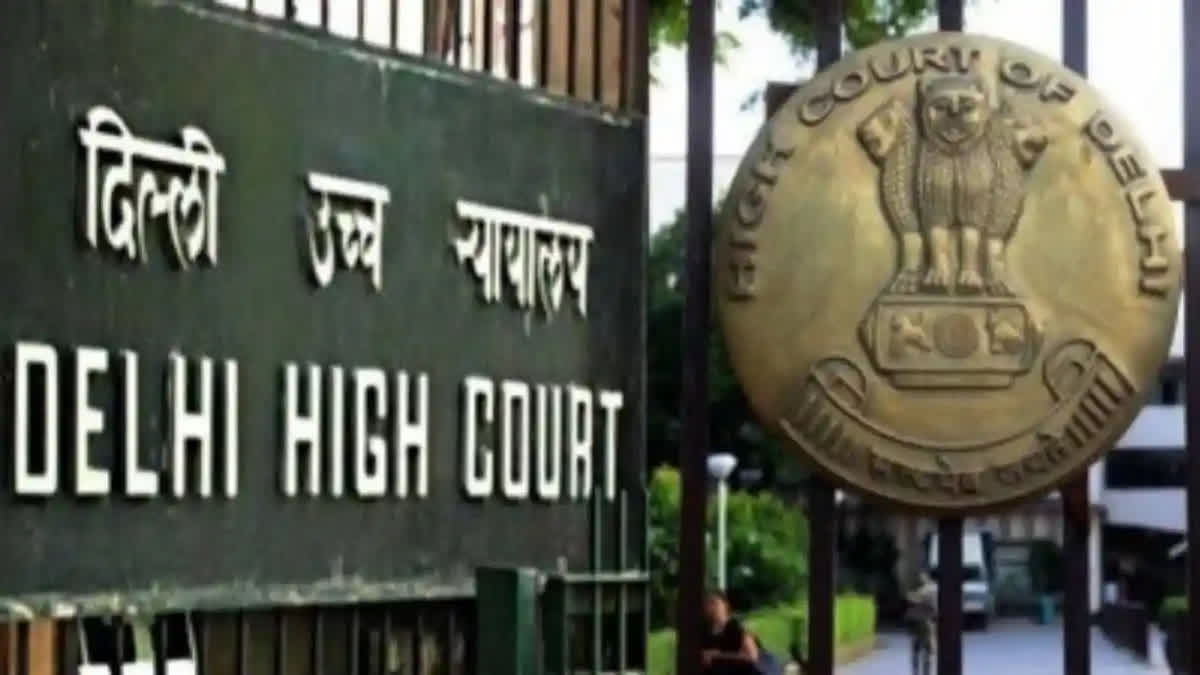New Delhi:The CBI is not completely exempt from the purview of RTI Act and the transparency law permits it to provide information pertaining to corruption and human rights violation, the Delhi High Court has held. Perusing Section 24 (Act not to apply to certain organisations) of the Right to Information (RTI) Act, the high court said it showed that even though the name of the organisation (CBI) found mention in the Second Schedule to the law, it did not mean that the entire Act is not applicable to such organisations.
The proviso to Section 24 permits information pertaining to allegations of corruption and human rights violation to be made available to the applicant and the same cannot be included in the exception provided to organisations mentioned in the Second Schedule of the RTI Act, Justice Subramonium Prasad in an order passed on January 30 and made available late Friday evening.
The high court passed the order on a plea by the Central Bureau of Investigation (CBI) challenging a November 2019 decision of the Central Information Commission (CIC) directing the probe agency to provide certain information to Indian Forest Service (IFS) officer Sanjeev Chaturvedi. Chaturvedi had sought information about alleged corruption in purchase of disinfectant and fogging solution for the medical store of Jai Prakash Narayan Apex Trauma Centre, AIIMS.
He was the chief vigilance officer of AIIMS at the relevant time when he had sent a report regarding alleged corruption in the purchases being made for the trauma centre. Besides, Chaturvedi had also sought a certified copy of the file noting or documents or correspondences related to the investigation done by the CBI in the matter.
According to the officer, since CBI took no action on the information provided by him, he approached the Central Public Information Officer (CPIO) of the probe agency. After the CBI declined to furnish the information, he approached the CIC which ordered the central agency to provide him the details. The CBI then approached the high court challenging the CIC's 2019 order.
